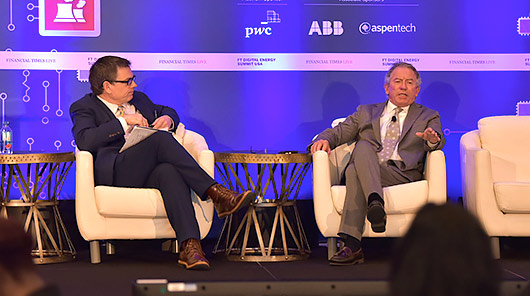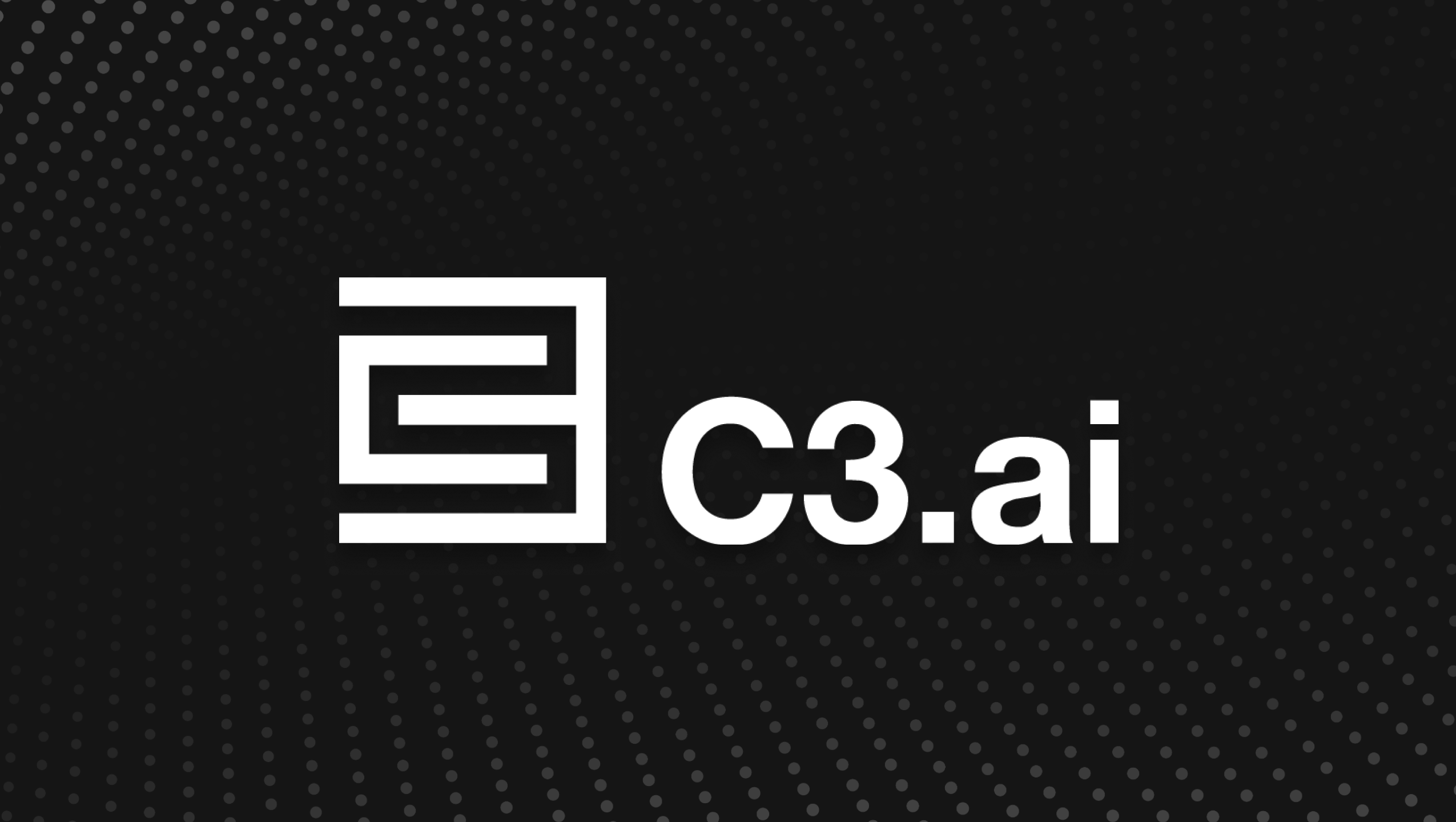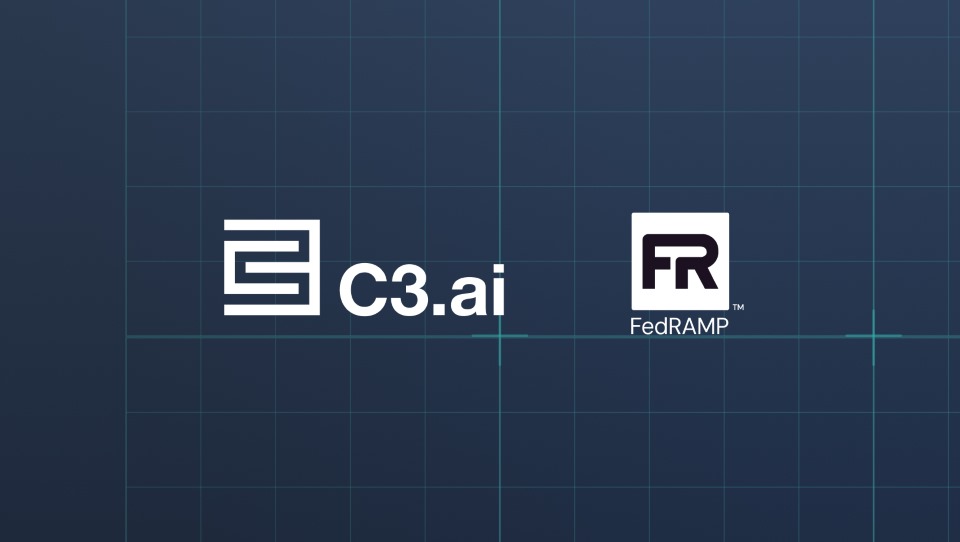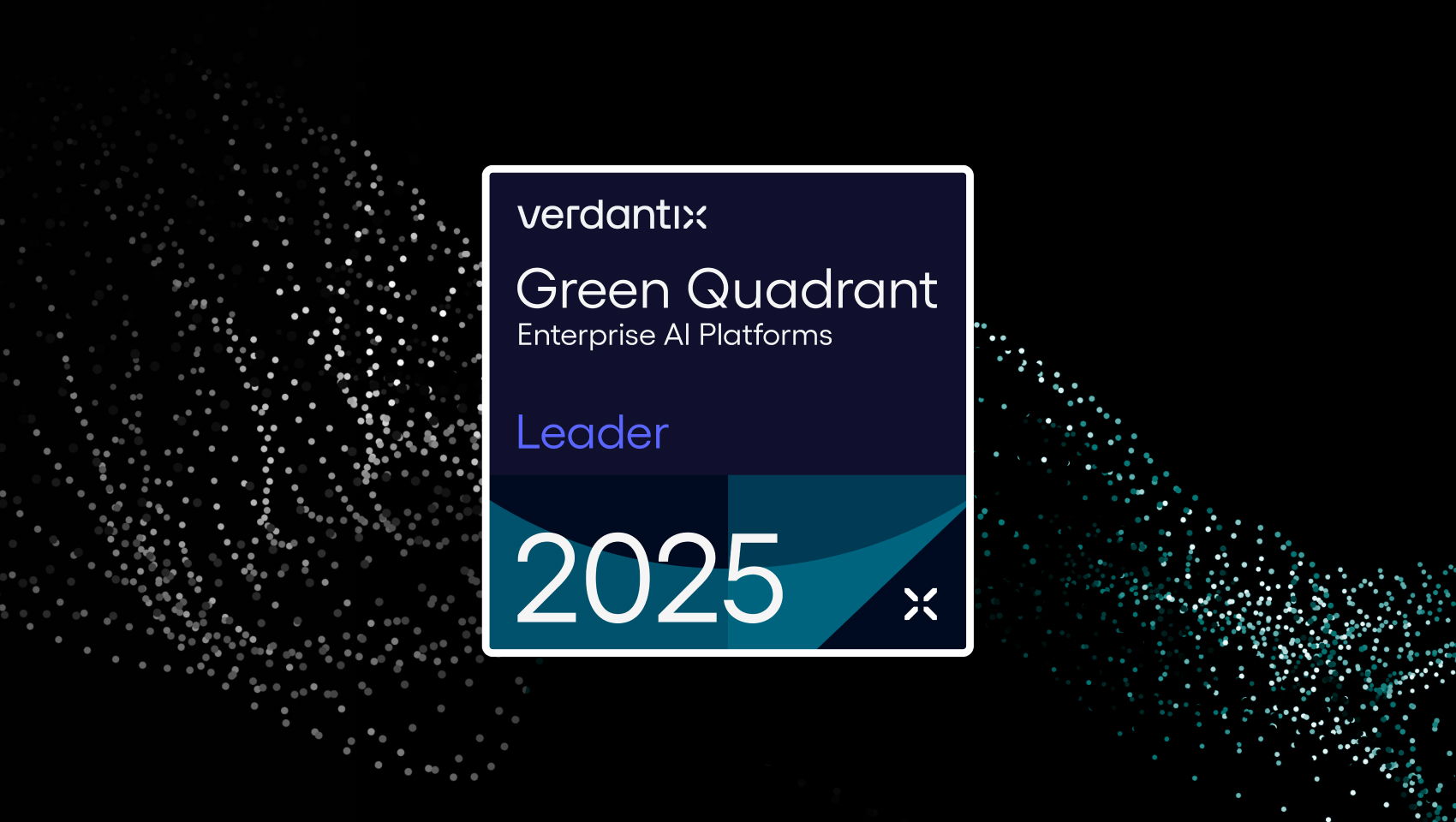In a keynote at the FT Digital Energy Summit USA conference in Houston‚ C3.ai CEO Thomas M. Siebel discussed the profound impact digital transformation is having on the oil & gas industry.
Digital transformation is a strategically important issue for CEOs with concrete benefits including cost control‚ enhanced performance‚ and improved competitive position‚ Siebel explained in a fireside chat with Ed Crooks‚ US Industry and Energy Editor for the Financial Times. Digital transformation can transform operations and improve resilience‚ efficiency and safety‚ so it is a crucial focus for the boards of energy companies‚ said Siebel.
“In every case at the companies we meet‚ digital transformation is the key agenda item‚” Siebel said. “This transformational change in technology—at the intersection of elastic-scale cloud computing‚ IoT‚ and AI—is bigger and more impactful than revolutionary inventions such as the transistor‚ semiconductor‚ or the Internet.”
The event‚ titled “Leveraging Data to Fuel Transformation and Growth‚” focused on how data is one of an organization’s most important and valuable resources‚ something the energy companies working with C3.ai to transform operations have realized. Shell‚ for example‚ chose C3.ai as its AI platform for optimizing operations in upstream‚ downstream‚ unconventional‚ refining‚ and retail operations. Shell is using C3.ai to improve operating performance‚ starting with predictive maintenance for hundreds of thousands of critical pieces of equipment globally.
Multi-national energy company Enel is also undergoing an enterprise-wide digitization. Enel relies on C3.ai to enable AI-based predictive analytics of its conventional and renewable fleet and two million kilometers of distribution assets‚ as well as machine learning-based fraud detection. Enel’s Fabio Veronese‚ Head of Infrastructure & Networks Digital Hub‚ considers digital transformation a necessity. The total value to Enel is more than €200 million annually.
For companies pursuing digital transformation‚ what’s important is selecting projects that yield tangible results. Siebel challenged the audience to focus on substantive projects that provide real economic value‚ noting that lingering proof-of-concepts are pointless: “If you can’t agree on the economic value of what you’re doing‚ why are you doing it?”
At the same time‚ energy companies looking to unlock value from data by implementing a true AI platform must be careful about technology selection. Existing cloud microservices cannot effectively or efficiently access disparate data sources and handle integration with the frameworks‚ services‚ tools‚ and processing services required to deliver predictive analytics. Software applications that claim to provide AI capabilities but cannot scale or move to production environments are no solution either. C3.ai provides the capabilities to address the complete AI software stack. “What we’ve built is an end to end solution‚” said Siebel.
The FT Digital Energy Summit USA was held in Houston on December 6‚ 2018 and attended by a C-suite and board level audience from the oil and gas industry.




